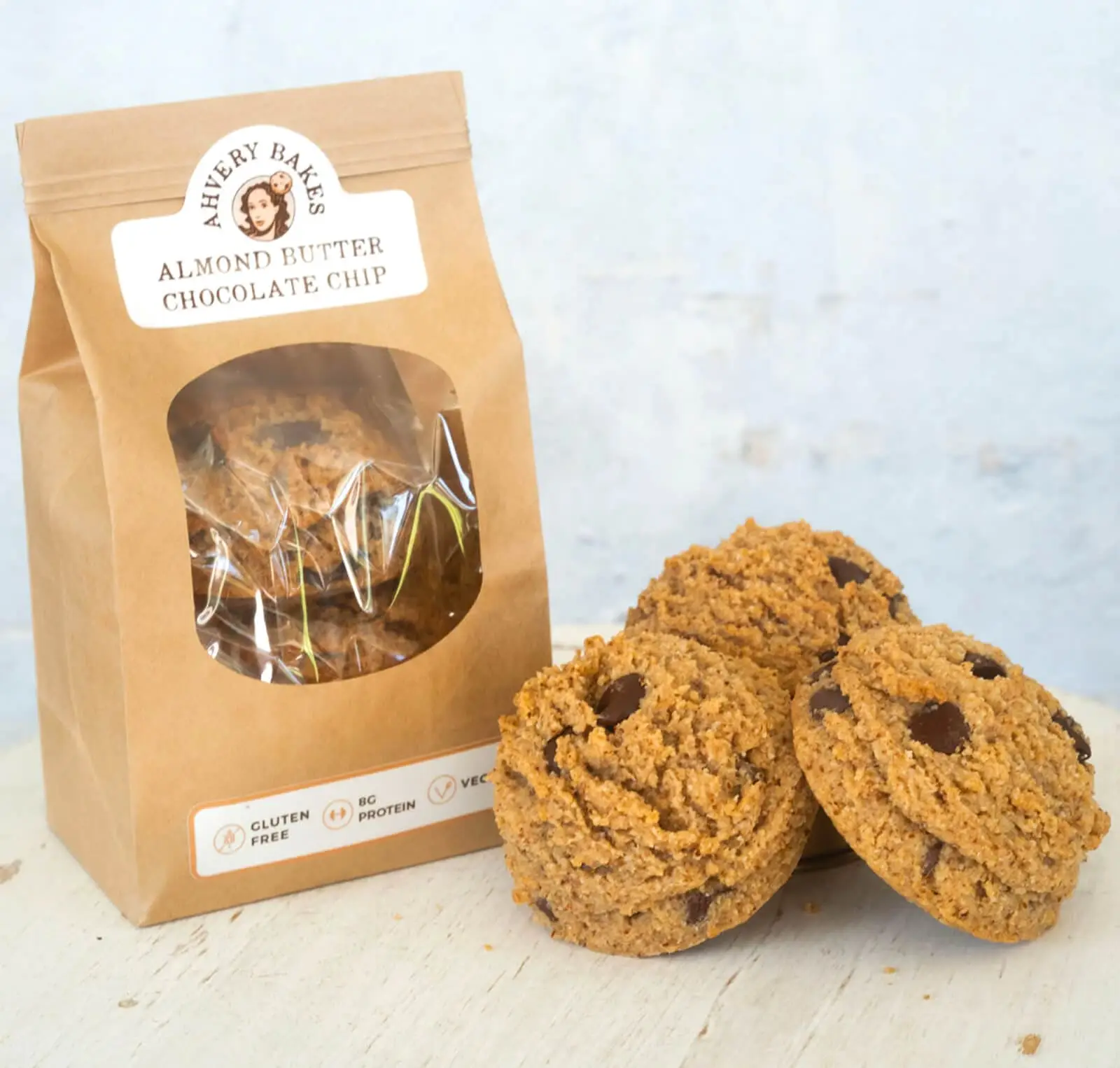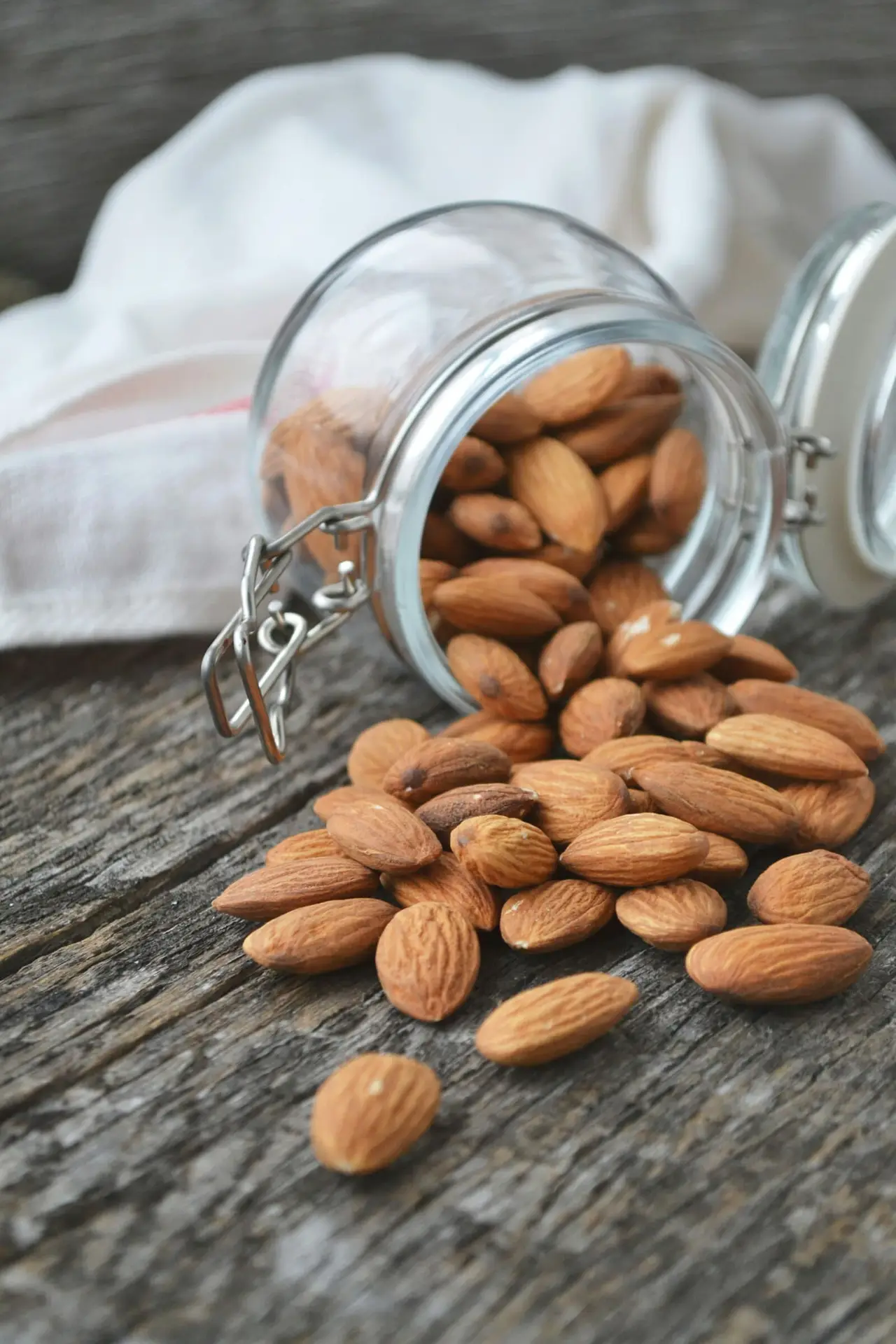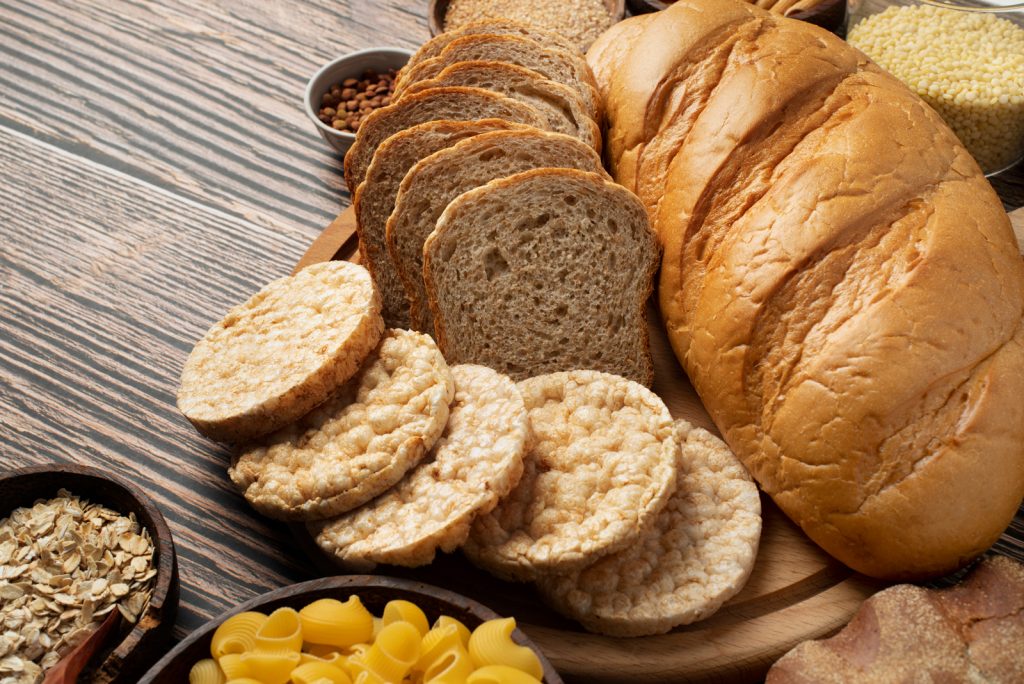





Educating the public on the impacts of gluten, and providing practical resources for those seeking to eliminate gluten from their diets.
Gluten Sources
Recognizing Gluten Grains
Gluten-Free Sweets
Flours Without Gluten

Gluten is a group of proteins found in grains like wheat, barley, and rye. It helps foods like bread and pasta maintain their shape. For people with celiac disease or gluten sensitivity, eating gluten triggers harmful reactions, such as intestinal damage and nutrient malabsorption. While gluten is commonly found in baked goods and pasta, it can also be hidden in processed foods and sauces. Avoiding gluten is crucial for those with gluten-related conditions.
For people with celiac disease, gluten intolerance, or non-celiac gluten sensitivity, going gluten-free can alleviate symptoms such as digestive discomfort, fatigue, and headaches. This lifestyle can also promote overall health by reducing inflammation and improving gut function.
Learn more about the science behind the gluten-free diet.


Living gluten-free means avoiding all foods and products that contain gluten, a protein found in wheat, barley, and rye. For individuals with celiac disease or gluten sensitivity, consuming gluten can lead to serious health issues, making this diet essential for their well-being.
Learn more about what gluten is and how a gluten-free diet can benefit your health.

Some foods are naturally gluten-free, making them safe for those avoiding gluten. This includes:
Fruits and vegetables
Meats, fish, and poultry
Dairy products
Gluten-free grains (e.g., rice, quinoa)
Legumes
Transitioning to a gluten-free diet can feel overwhelming at first, but with the right approach, it’s entirely manageable:
1: Focus on whole, naturally gluten-free foods like fruits, veggies, and proteins.
2: Learn to read labels carefully to avoid hidden gluten.
3: Explore gluten-free substitutions for your favorite foods, like bread, pasta, and snacks.

For those with celiac disease or gluten sensitivity, removing gluten from your diet can:
Reduce digestive issues (e.g., bloating, gas, diarrhea)
Improve energy levels
Aid in better nutrient absorption
Decrease inflammation







Copyright © 2024 | Gluten Free Association.
16093337 Canada Association. All Rights Reserved.
The platform is a project of a foundation for public benefit.